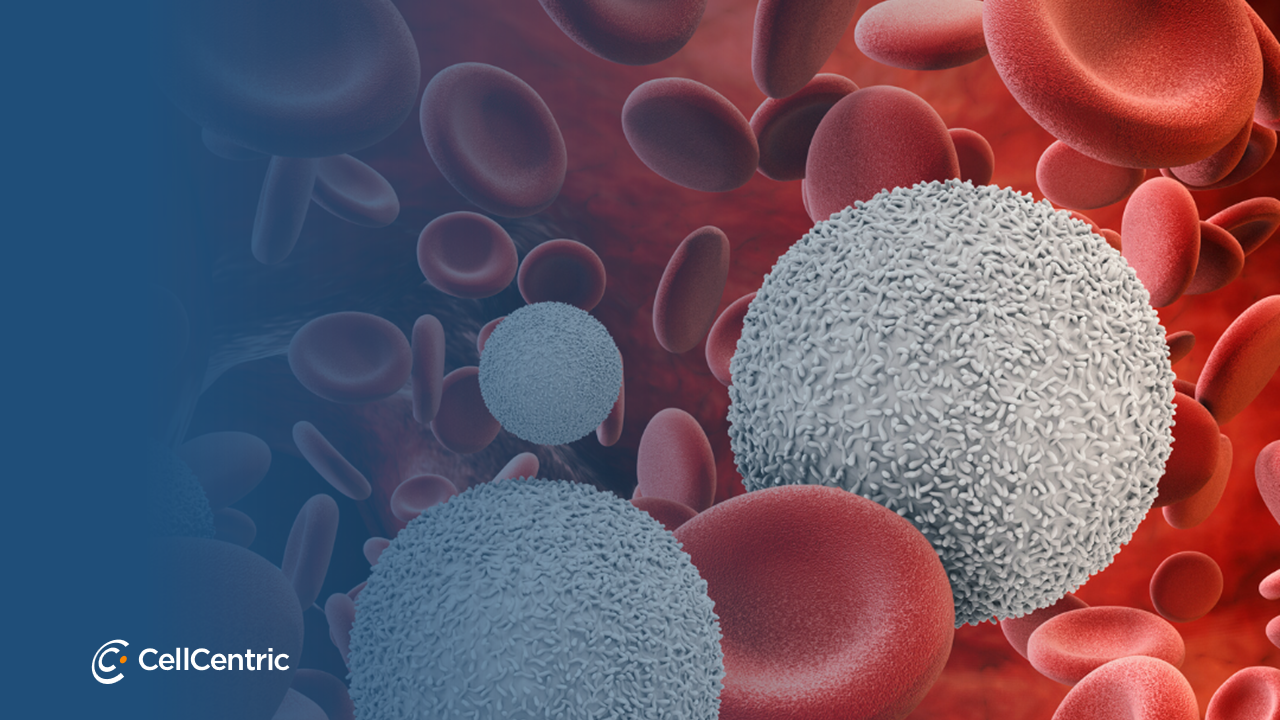The twin histone acetyl transferase proteins, p300 and CBP are critical cancer regulatory proteins. Inhibiting p300/CBP profoundly effects the androgen receptor (AR) pathway, lowering levels of AR, AR-splice variants and c-Myc. These are key drivers of late stage prostate cancer, and resistance to current second generation anti-hormonal drugs. Inhibition of p300/CBP also affects the IRF4-Myc pathway, which is important in multiple blood cancers.
CCS1477 is a potent, highly selective and orally bioavailable inhibitor of the common bromodomains of p300 and CBP. Neil, in his presentation at AACR, will summarise the pre-clinical evidence supporting CCS1477’s use in the two prioritised target clinical areas, both as a monotherapy and in combination with existing agents. CCS1477 significantly reduces the growth of prostate cancer tumours that are resistant to existing drugs, such as enzalutamide. It also can cause tumour stasis and regression in models of multiple myeloma(MM) and acute myeloid leukaemia (AML). In pre-clinical models, the drug has a prolonged anti-cancer effect that is sustained beyond cessation of drug dosing. CCS1477 has been manufactured at scale and is capsule formulated.
Phase I clinical testing of CCS1477 began last year in patients with late stage castrateresistant prostate cancer. The Chief Investigator of the study is Prof Johann de Bono at the Royal Marsden Hospital, Institute of Cancer Research, London. Further recruitment has also taken place through the Freeman Hospital, Newcastle, under the leadership of Prof Ruth Plummer. An application to the MHRA has been made to initiate clinical testing of CCS1477 in MM, AML and certain lymphomas, to be headed by Prof Andy Davies of University Hospital, Southampton.
Neil Pegg, CellCentric’s Research Director, said: “The targeting of p300/CBP evolved from a deep understanding of epigenetics. Our programme is a combination of strong biology, generation of a well-behaved drug, and clear clinical utility. This is an exciting time as we begin to see promising data generated in patients with significant unmet medical needs.”
Longer term, targeting p300/CBP may have applications in oncology beyond prostate and blood cancers, either through impacting hormone channels or where tumours have a mutation in either p300 or CBP.
About CellCentric
CellCentric is a biotechnology company focused on a first-in-class p300/CBP bromodomain inhibitor drug, CCS1477. The company has investigated over 50 potential epigenetic-related drug targets, before focusing on the twin histone acetyl transferases p300/CBP. An earlier programme, based on an arginine methyltransferase target, was licenced to Takeda Pharmaceuticals. CCS1477 has relevance to multiple cancer types, and notably for late-stage, castrate resistant prostate cancer (CRPC) as well as haematological cancers (AML, multiple myeloma, lymphoma).
CellCentric is a privately held business, with Morningside Venture Investments as its lead investor. CCS1477’s progress has also benefited from awards from Innovate UK (BioMedical Catalyst) and the Prostate Cancer Foundation. The company maintains active collaborations with multiple research centres in Europe and the US.


